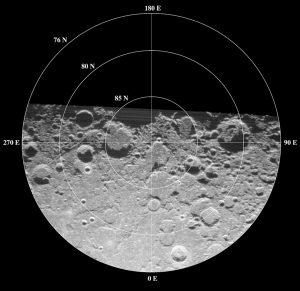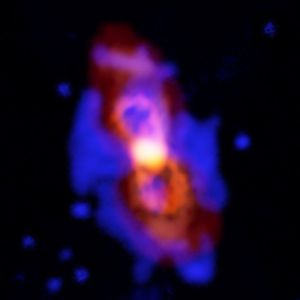These two terms are used in multiple contexts throughout the physical sciences, but their most common usage is to…
Select :
asteroid collisionasteroidsastronomical distance scalesatomsbig bangblack holesbright lights in the skybrown dwarfcareerscelestial eventschecker cabscometsconstellationscosmic distancescosmic microwave backgroundcosmic rayscosmologydark energydark matterdwarf planeteartheclipseeclipticeducationexoplanetsexpansion of the universegalaxiesgeneral relativitygravitational lensgravity wavesGreat Red SpotHoaxesHubble Space Telescope (HST)Interferometerinterferometryinterstellar moleculesionosphereJupitermagnetarsmarsmeteorsMH370milky wayMilky Way Galaxymoleculesmoonmoonsneutron starneutron starsNibirunight skyparallaxphysicsplanetsplutoproperties of lightPtolemypulsarsquasarsradar astronomyRadio Astronomyradio frequency interferenceradio interferometersradio recombination line emissionRadio TelescopeSatellite DishSchwarzschild Radiusscientific methodsearch for extraterrestrial intelligenceSETIsolar systemspace probesspacecraftstar formationstarssunsupernovasupernova remnantssupernovaetelescopestime dilationTrans Neptunian Objectstwin paradoxunexplained celestial observationsVenusVery Large ArrayVery Long Baseline Array (VLBA)Voyager 1weather


Does the Force Felt by a Person on the Surface of the Earth Vary with Lunar Phase?
If you ignore the small variations in the Moon’s orbit (which amount to about 10% of the distance to…

Is the Amount of Refraction that a Star Experiences Dependent Upon its Brightness or Diameter?
Your calculations are correct in that the Sun is refracted by an amount that is close to its diameter…

Can One Measure Radioactive Decay on Planets and Moons in our Solar System with a Radio Telescope?
As radioactive decay involves the emission of particles (He nuclei, electrons, or positrons) which do not produce signals detectable…

How Does One Accurately Locate the Source of an Astronomical Signal?
In most cases it requires high spatial resolution measurements of an object in order to accurately associate it with…

How to Calculate Coordinates of the Lunar Nodes
I believe that this question has been answered on the Space Exploration Stack Exchange. You can use an online…





